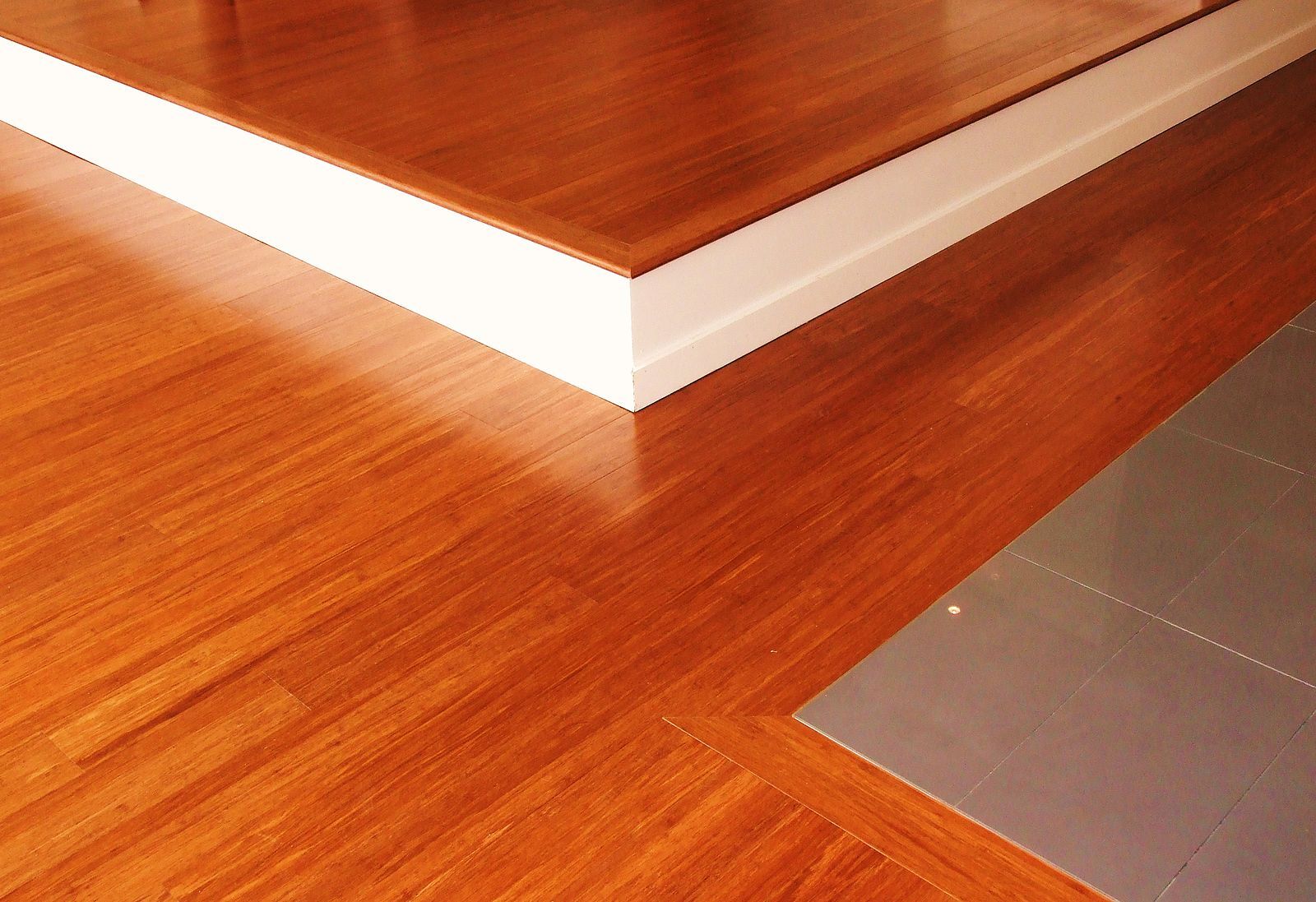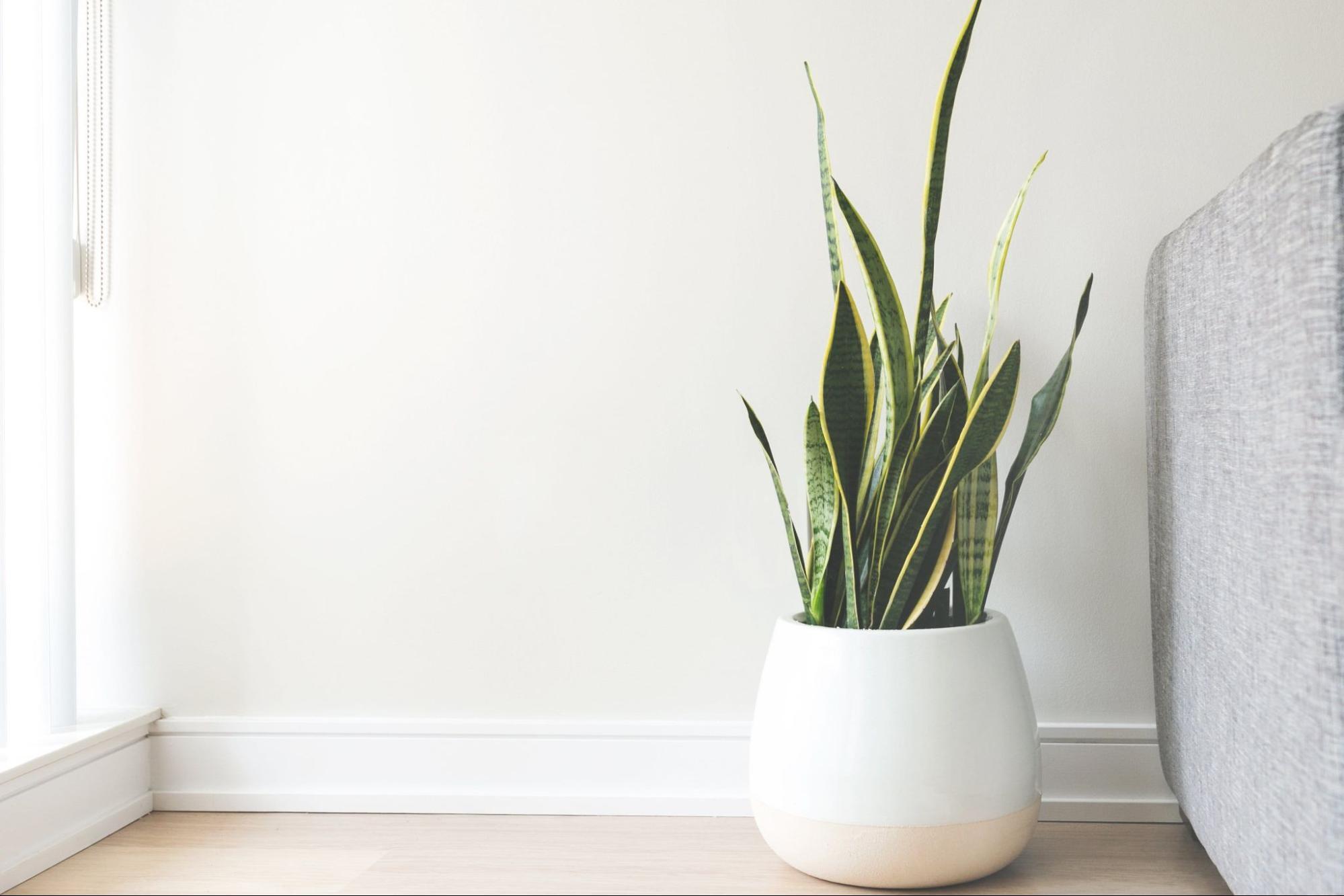
8 Tips for Sustainable Home Building

Trends in the home building industry are pretty clear: sustainability will play a bigger and bigger role as time goes on. Not only are building codes and standards requiring more sustainable approaches, but homeowners themselves are driving demand for better, more sustainable methods.
Here are some of the best tips for sustainable home building:
1. Home Orientation
This may seem like an obvious one, and sometimes options are pretty limited, but where and how you build and orient your home can have a major impact on the energy it takes to heat and cool your home. A west-facing home generally requires more energy to cool due to Sun exposure.
Consider where trees will be on the property and if and when they will provide shade to the home. If solar panels may be an option for you, look at the best options for solar panel orientation to make sure you get the most for your investment.
2. Put the Sun to Work
Speaking of solar panels, a great way to make your home more sustainable is to add solar panels. By converting some of the Sun’s energy into electricity, solar panels not only reduce your monthly energy bill, but also reduce your dependence on the electric grid. The Sun’s energy can also be used directly to heat water if you prefer. Solar water heating is a simple and easy way to offset some of the cost of heating water for a home.

3. Tankless Water Heaters
Traditional water heaters have a large reservoir of water that gets heated. The problem is that the water heater has to keep the whole tank of water hot 24/7 so that there will be hot water when someone opens the faucet. A great deal of that energy leaks out into the environment and is wasted. A tankless water heater fixes the issue by providing hot water on demand. Since there’s no reservoir, a tankless heater runs cold water through a heat exchanger to heat the water while it’s flowing. By only consuming energy when hot water is needed, tankless water heaters help make your home more sustainable.
4. Bake in Sustainability
Sustainability should truly be an integral part of the home building process. Sustainable materials can have many different meanings from recycled, reused, quickly renewable, to locally-harvested materials. By beginning the homebuilding process with sustainability in mind, you’ll be more likely to recognize these options as you come across them. Bamboo flooring is a great example, as well as doors and windows made from recycled materials. Sustainable options are all around, you just have to look for them.

5. Clean Air is Everything
Think about how many hours you spend in your home each day. We take almost 20,000 breaths a day, most of them indoors. It’s absolutely essential that our air is clean, and it’s no surprise that choosing sustainability often leads to solutions that are much better for air quality too. Low-VOC paints and sustainable floor coverings (rather than vinyl or plastic-based carpeting) leaches less contaminants into the air over time, in order to keep your family safe.
Additionally, electric air purifiers and indoor house plants can help clean indoor air, with the latter providing great aesthetic benefits, too.

6. Don’t Forget About the Water
When thinking about sustainable home construction, energy efficiency often takes the stage, front and center. Sustainable water use is equally important. Adding in rainwater collection or a greywater system can have a tremendous impact on the amount of water your home uses. Gray water (dishwater, sink run-off, and laundry water) doesn’t have to be flushed down the drain. Gray water systems treat the run-off and then reuse the water for irrigation or toilet flushing.

In addition to using graywater and rain collection systems, simply using less water is always a good choice. Low-flow shower heads and toilets can drastically cut water usage. Choose washing machines and dishwashers carefully to make sure their energy and water usage matches the goals of your new home.
7. Smart Homes are a Smart Choice
Adding in smart electronics and appliances can help take your energy efficiency to the next level. In addition to energy saving options like LED lighting, by having a smart, connected home, you can have real insights into where your energy usage is going. You can’t improve what you can’t measure, and that’s where the smarts come in.

Not only can you see how many hours your air conditioner is running but you can also set schedules and automations to make sustainability even easier. From motion sensitive lights or putting them on a schedule, the options are endless with new options coming out continuously.
8. Insulated Concrete Forms (ICFs)
For sustainable and energy efficient home construction, one of the first components on your list should be insulated concrete forms, or ICF blocks. ICF blocks are construction blocks that consist of two continuous layers of insulation, one interior and one exterior, with concrete sandwiched in the middle. The blocks come with the insulation and the middle support network preinstalled. The blocks are assembled Lego-style, and then the concrete is poured on site.

Often locally produced, concrete provides many amazing benefits, which is why it is so widely used in construction. Concrete is very durable, incredibly strong, and low maintenance. In addition, concrete is resistant to mold and moisture and can be easily recycled.

ICF blocks aren’t just a sustainable material, they also lead to energy efficient construction. ICF blocks have a high R-value (meaning they are a good type of insulation), have considerable thermal mass (they retain heat to reduce temperature swings inside the building), and are naturally air tight (to avoid a common problem with wood-framed walls). ICF blocks like Fox Blocks should be top of mind when considering sustainable construction.
Sustainable Home Building Starts with the Foundation
From smart lights and rainwater collection, to insulated concrete forms, the options to make your home more sustainable are endless. If the options feel overwhelming, don’t worry. Start with the easy decisions and the rest will fall into place. Reach out to Fox Blocks today to learn why their beautifully designed ICF blocks set a strong foundation for any sustainable home.